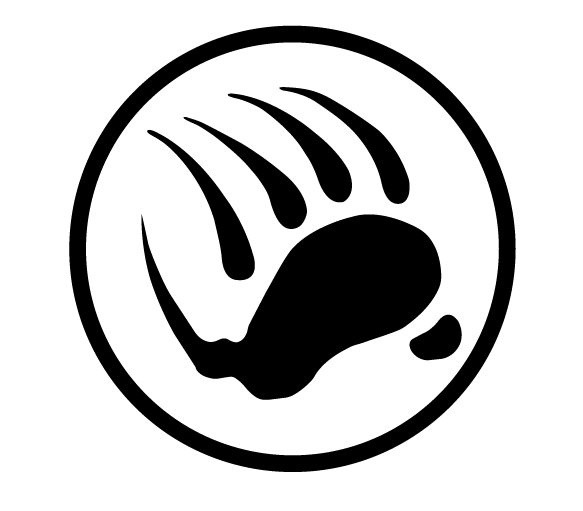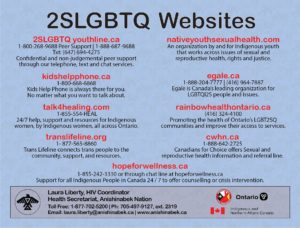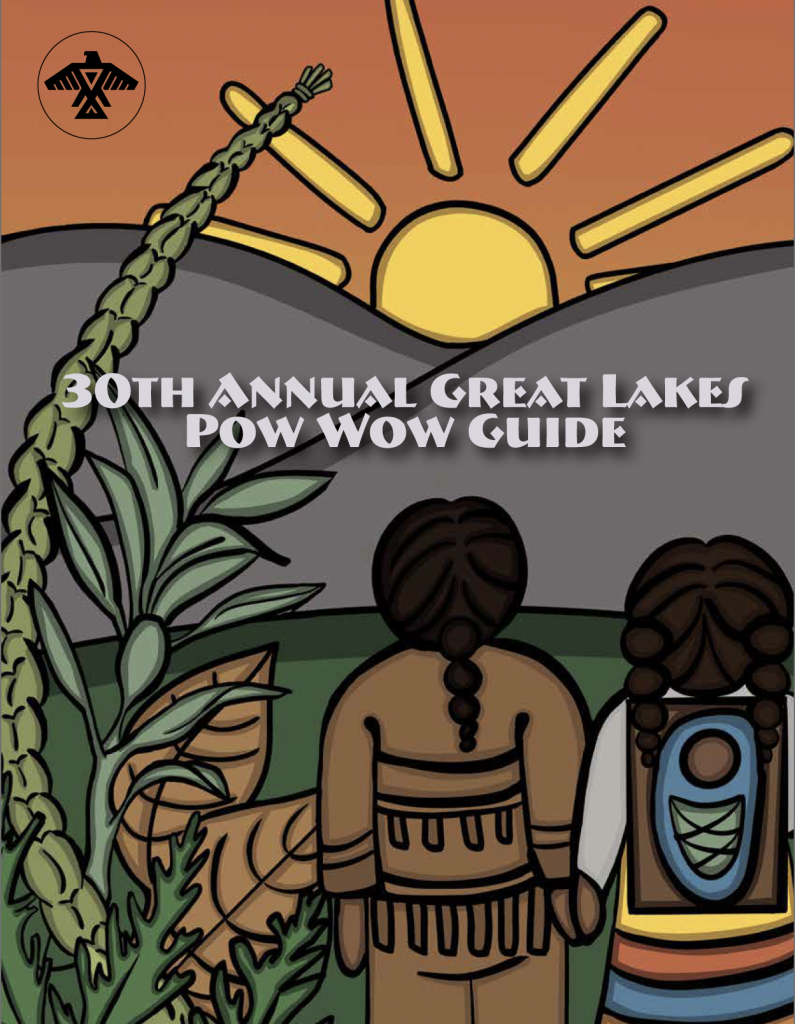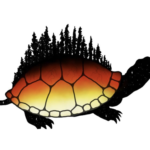HEALTH SECRETARIAT OVERVIEW
CANNABIS INFORMATION AND RESOURCES
Interactions Between Cannabis and Your Medicine
Know the Health Risks of Cannabis
Psychiatric Conditions and Cannabis Use
How to Safely Store Your Cannabis
INDIGENOUS HEALING AND WELLNESS STRATEGY (IHWS)
The Indigenous Healing and Wellness Strategy (IHWS), originally called the Aboriginal Healing and Wellness Strategy, is a policy and service initiative that brings together Indigenous people and the Government of Ontario in a unique partnership to promote health and healing among Indigenous people. In 1994, Indigenous organizations and the government ministries that developed this Strategy expressed a commitment to combat the alarming conditions of poor health and family violence that Indigenous People in Ontario have endured.
In 2018, there was a name change from the Aboriginal Healing and Wellness Strategy to the Indigenous Healing and Wellness Strategy (IHWS). The Indigenous Healing and Wellness Strategy promotes health and wellness in First Nations/Indigenous communities. The Strategy combines traditional culturally appropriate programs and services and mainstream programming and services to help improve healing, health and wellness to reduce family violence and violence against Indigenous women and children. The original logo will continue to be used, despite the name change.
INDIGENOUS HEALING AND WELLNESS PROGRAMS
The Anishinabek Nation (AN) is one of the 15 partners within Indigenous Healing and Wellness Strategy. The Anishinabek Nation administers programs funded by IHWS. The Anishinabek Nation respects the autonomy of each First Nation and each program is governed by the First Nation while meeting the program and service requirements as established by IHWS and overseen by the Anishinabek Nation through the Health Department Director. In addition to the programs and services listed below, often there are one-time grant opportunities that arise and the Union of Ontario Indians Health Secretariat strives to ensure that our First Nations have access to and participate in these initiatives.
Indigenous Healing and Wellness Strategy Indigenous Partners:
- Association of Iroquois and Allied Indians
- Grand Council Treaty #3
- Métis Nation of Ontario
- Nishnawbe Aski Nation
- Ontario Federation of Indigenous Friendship Centres
- Ontario Native Women’s Association
- Anishinabek Nation
- Bkejwanong Territory (Ojibways of Walpole First Nation)
- Chippewas of Nawash First Nation
- Chippewas of Saugeen First Nation
- Garden River First Nation
- Mohawk Council of Akwesasne
- Shawanaga First Nation
- Six Nations of the Grand River
- Temagami First Nation
COMMUNITY DEVELOPMENT SUPPORT PROGRAM
The AN/UOI Health Secretariat provides assistance to it member First Nations and their respective IHWS programs. The IHWS Community Development Support Worker works with First Nations to help implement and manage their IHWS programs and projects which are funded under the IHWS. The Community Development Support Worker manages the files of the Community Wellness Worker, and the Mental Health Demonstration Project files.
COMMUNITY WELLNESS WORKERS
The Community Wellness Workers work with individuals and families within their respective First Nation providing services or access to services, through services, including: provide family violence services, referrals, support and case management to clients to address/respond to existing and emerging health, healing and wellness issues, or violent situations.
There is one Community Wellness Worker in each First Nation within the AN.
In addition to providing support for the IHWS funded programs, the AN. Health Secretariat also provides the same service for other programs administered by the AN including the Diabetes Education Program funded by the Ministry of Health and Long-term Care and the Aboriginal Responsible Gambling Program funded by the Ministry of Health Promotion.





